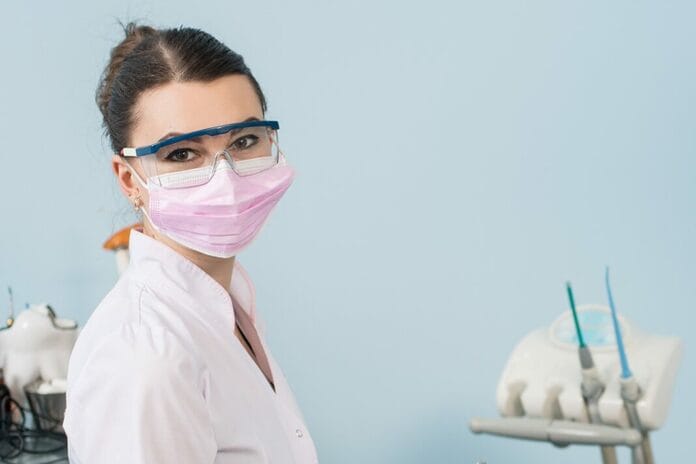How often do friends, patients, or family members refer to hygiene appointments and professional debridement as a cleaning? Does this term undervalue the professional therapy rendered? Do you want to correct individuals using such terminology to describe your professional role or scope of practice?
As dental hygiene professionals, we are responsible for educating on the importance of oral health and instilling value in dental care and our scope of practice. I often correct my patients in the private practice setting. In doing so, it’s essential to maintain professionalism while educating the patient on correct terminology and the services dental hygienists provide.
We don’t attend an appointment with a licensed massage therapist and refer to it as a “back rub.” Instead, we are well acquainted with referring to any care from a massage therapist as massage therapy and acknowledge the care with the same respect and value that the practitioners deserve. The correct terminology exemplifies a comprehensive understanding of the value of the treatment and enables the patient to enhance their knowledge further.
Why Use Professional Terminology?
Addressing the treatment you provide using the proper terminology is encouraged. We want to avoid using terminology that will devalue or discredit the importance of the treatment we provide. Not only does it undervalue our treatment, but it also indirectly undermines the qualifications and the years of education we have undergone to acquire such a refined skill. Although a layperson’s terms may describe the treatment you are rendering, sometimes it may be a good idea to stick to professional terminology when appropriate.
A dental hygienist’s role is that of an educator when a patient is in the chair. When using appropriate dental terminology, we can also educate the patient while being mindful of the patient’s level of comprehension and oral health literacy. Elaborate on the dental terminology you have just utilized. By doing so, you are enhancing the patient’s oral health literacy. Perhaps conversations like this may lead to more open-ended conversations regarding planned but not yet completed treatment.
Now I know what you’re thinking. We were taught to limit the use of dental terminology to keep conversation accessible and understandable for the patient. However, patients are more informed through online access to dental resources, news, and social platforms. They can understand much of the basic terminology we share with them, especially if we explain.
When to Use Professional Terminology
For example, instead of addressing non-surgical periodontal therapy as a “deep cleaning,” consider addressing it as periodontal therapy or debridement. Then, you can explain the patient’s oral health condition, why treatment is necessary, and what periodontal therapy entails. Simply replacing the word “cleaning” with periodontal therapy heightens the value of the proposed treatment and correctly identifies the procedure.
How frequently do you usually go out to purchase a product but only gravitate towards items you are more familiar with and know their value? Humans tend to gravitate towards concepts and ideas that benefit us and typically increase our knowledge base or add value to our lives. This increase in knowledge often results in better acceptance rates and increased respect for the treatment, product, or material at hand.
Another example is replacing “x-rays” with “radiographs,” which is simple and easily understandable. Abbreviations are great for notes but should be limited in dialogue. I would not, however, recommend utilizing dental terminology like “mesial or distal.” This may cause a lack of understanding when treatment is being proposed, and not many people will verbalize if they are having difficulty understanding a concept. This may result in poor treatment acceptance, which, in turn, may lead to poor oral health outcomes. Patients are also better equipped to make informed decisions when they have the correct information and understand proposed treatment plans.
Again, gauge your patient and understand what modifications can be made according to their oral health literacy and willingness to learn.
In Closing
You’re the brand ambassador of your profession ‒ the educator and advocate for your profession and skills. Don’t undermine your skillset or professional responsibilities by using terminology that could devalue it. Continue to utilize photos, videos, and other resources to increase your patients’ dental knowledge, all while increasing their understanding of the value of your professional services.
Years of education, multiple board exams, and gaining licensure warrant our advocacy for our profession whenever possible. Creating more value toward your professional designation and scope of practice will only enhance your patients’ understanding of the value of hygiene treatment and the importance of oral health.
Let’s create a more informed population through patient education, increasing oral health literacy, and the importance of oral health and its association with systemic health while maintaining our profession’s integrity and value.
Before you leave, check out the Today’s RDH self-study CE courses. All courses are peer-reviewed and non-sponsored to focus solely on pure education. Click here now.












